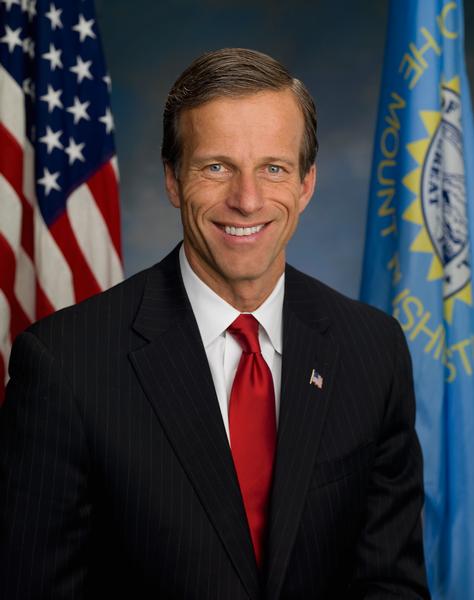
Finding Consensus in a Divided Government
By Sen. John Thune
Two years into the Biden administration, it’s clear we need a course correction. We can’t afford a repeat of the last two years of Democrats’ one-party rule, which was characterized by reckless spending, high inflation, open borders, and rising crime. Fortunately, with a Republican majority in the House of Representatives, the Democrats’ one-party control in Washington has ended, and both parties will have to work together to get anything across the finish line.
While divided government may sound like a recipe for gridlock, it’s often proved to be the opposite. In recent history, periods of divided government have delivered the 1986 Reagan tax reform, 1996 welfare reform, the Balanced Budget Act of 1997, and a major reform of the U.S. Department of Veterans Affairs in 2014. And there are a number of areas right now where I believe Republicans and Democrats can work together to find solutions.
A great place to start is the farm bill, which has a strong bipartisan history. As a longtime member of the Senate Agriculture Committee, I’ve worked with both Democrat and Republican colleagues to shape policy that helps meet the needs of South Dakota farmers and ranchers and strengthens our nation’s agriculture production. We also need to get to work on advancing trade agreements to expand markets for American products and services around the world, something the Biden administration has been slow to do.
There has also been a renewed and bipartisan interest in promoting transparency and accountability in Big Tech, including from President Biden. In recent years, I’ve worked on bipartisan legislation to reform existing laws that govern certain internet use, increase transparency, and improve due process for users concerning Big Tech platforms’ content moderation practices. I will continue to find ways to advance these bills as Congress works to build consensus on these important issues.
Democrats and Republicans should also be able to agree that there must be accountability when it comes to spending taxpayer dollars. Recently, I launched an oversight initiative to ensure federal broadband funding is being used for its intended purpose of extending internet access to areas that currently lack it. There is also a critical need to conduct oversight of the IRS, especially given the agency’s shaky record of handling taxpayer data and its recent record of subpar taxpayer services.
With our national debt soaring, Congress must also practice fiscal restraint. And one important way to promote fiscal responsibility is to restore an open process for funding the government that allows all the people’s representatives to have input on spending bills and other legislation. The federal government must live within its means, just like every American household, business, or farm. And it shouldn’t be placing the burden for reckless spending on hardworking middle-income families and small businesses by raising taxes. I hope Democrats will give fair consideration to extending the tax relief Republicans passed five years ago that benefits South Dakota families and businesses.
There’s a great deal we can accomplish that would make real progress on issues facing the American people. To do this, we need a genuine attitude of compromise rather than the “my way or the highway” approach Democrats have taken these past few years with disastrous results. I’m eager to get to work, and I hope we can deliver a bipartisan record of accomplishment over the next two years.
###
